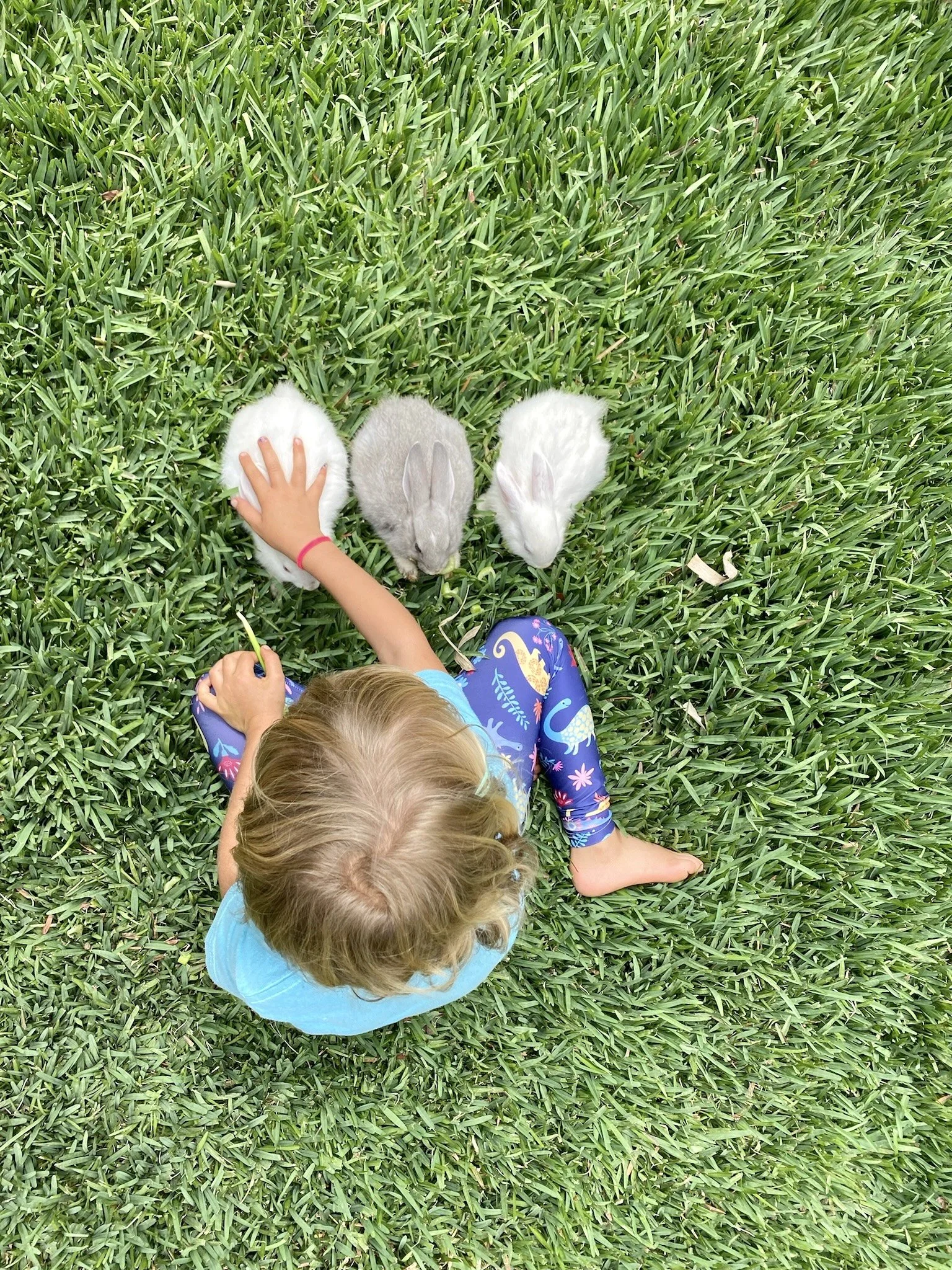Emotion Coaching
When your child has a full on tantrum at 3 years or 13, it is overwhelming. We just can’t seem to understand what the big deal is. We are so busy trying to calm our children down that they feel misunderstood, their feelings minimized and unheard. Our ability to calm our children would be much more wisely served if we could first get grounded in our own triggers and reactions. We could be there helping our kids to navigate their feelings like a trusty guide or companion. (Rather than, what happens to me is that I have my own agenda and I don’t get theirs, I minimize what they are feeling, I’m overwhelmed by their emotion, etc…) With Emotion Coaching, we have a science-based roadmap for how to raise well-balanced and emotionally intelligent children.
Research by Dr. John Gottman shows that emotional awareness and the ability to manage feelings will determine how successful and happy our children are throughout life. Being an ‘emotion coach’ to our kids has positive and long-lasting effects, providing a buffer for the complexities of life that allows them to be more confident, intelligent, and well-rounded.
Emotion Coaching involves five key steps according to Gottman:
1. Be aware of the child's emotions. (To do this you need to be aware of your own emotions and be able to see when you are triggered, and bring yourself back to calm).
2. Recognize emotion as an opportunity for intimacy and teaching. "For many parents, recognizing children’s negative emotions as opportunities for such bonding and teaching comes as a relief, a liberation, a great “ah-ha.” We can look at our kids’ anger as something other than a challenge to our authority. Kids’ fears don’t have to be evidence of our incompetence as parents. And their sadness doesn’t have to represent just one more thing we have to fix today.
3. Listen empathetically and validate the child's feelings: “a child needs his parent most when he is sad or angry or afraid. The ability to help soothe an upset child can be what makes us ‘feel most like parents.’ By acknowledging our children’s emotions, we are helping them learn skills for soothing themselves, skills that will serve them well for a lifetime.”
4. Help the child verbally label emotions. The act of labeling emotions can have a soothing effect on the nervous system: "talking about an emotion as you're experiencing it engages the left lobe of the brain, which is the center of language and logic" says Gottman. This helps them calm down.
5. Set limits while you help the child problem-solve.
Gottman offers several other key tips for helping parents connect with their children and assist children in managing their own feelings:
“Acknowledge low levels of emotion early on before they escalate since children - like all people - have reasons for their emotions, whether they can articulate them or not.” If you find your child getting angry or upset over something that seems inconsequential, step back and try to look at the big picture of what’s going on in their lives.
Set limits and problem solve. Help them find ways of responding differently in the future. Enlist their help in seeking alternative solutions to their struggles. Kids yearn for autonomy, and this is a great way to teach them that they are capable of self-regulating themselves in a world that can be unfair and upsetting. Remind them that all emotions are acceptable but all behaviors are not.
Don’t joke or use discipline playing on children’s fear of abandonment.
“Sharing simple observations usually works better than probing questions to get a conversation rolling.”
Avoid asking questions that you already know the answer to.
Don’t punish, dismiss, or scold your child for being emotional. By disregarding their feelings as insignificant or sending the message that their feelings are bad, you are in effect sending the message that they are bad. This damaging perception can stay with them throughout adulthood.
Kids also learn from their mistakes: if your child seems attracted to an idea that you know is unattainable but harmless, let them try it out.
Ask yourself whether you and your child are “settling your differences like two people or like a guy and his dog.”
Don't bother emotion coaching when you:
-Are pressed for time
-Have an audience (do it later)
-Are too upset/tired for it to be productive (later)
-Need to address serious misbehavior
-When your child is "faking" an emotion to manipulate you
Are you interested in working on your personal development? Are you looking for a life coach or a life consultant? Are you feeling stagnant? Do you want to jumpstart change?
My transformational approach is a process where awareness, alignment, and action work together as catalysts to create momentum for change.
*Awareness is knowing what you genuinely want and need.
*Alignment is the symmetry between our values and our actions. It means our inner and outer worlds match.
*Action is when you are conscious that what you say, do and think are in harmony with your values.
Together we build an understanding of what you want to accomplish, and delve deeply into building awareness around any thoughts and assumptions that you may already have. To truly transform your life, I will empower you to rethink what’s possible for you.
__
Learn more about my approach to life consulting and relationship coaching here or get in touch for your free 30-minute consultation here! Don’t forget to follow along @LilyManne on social for more regular updates!


